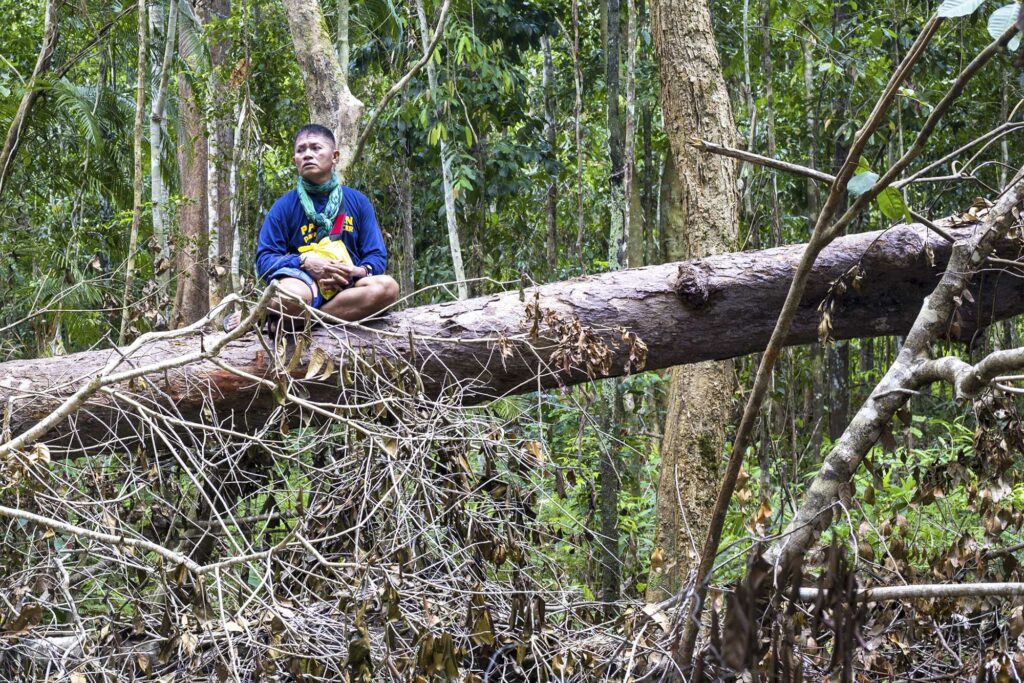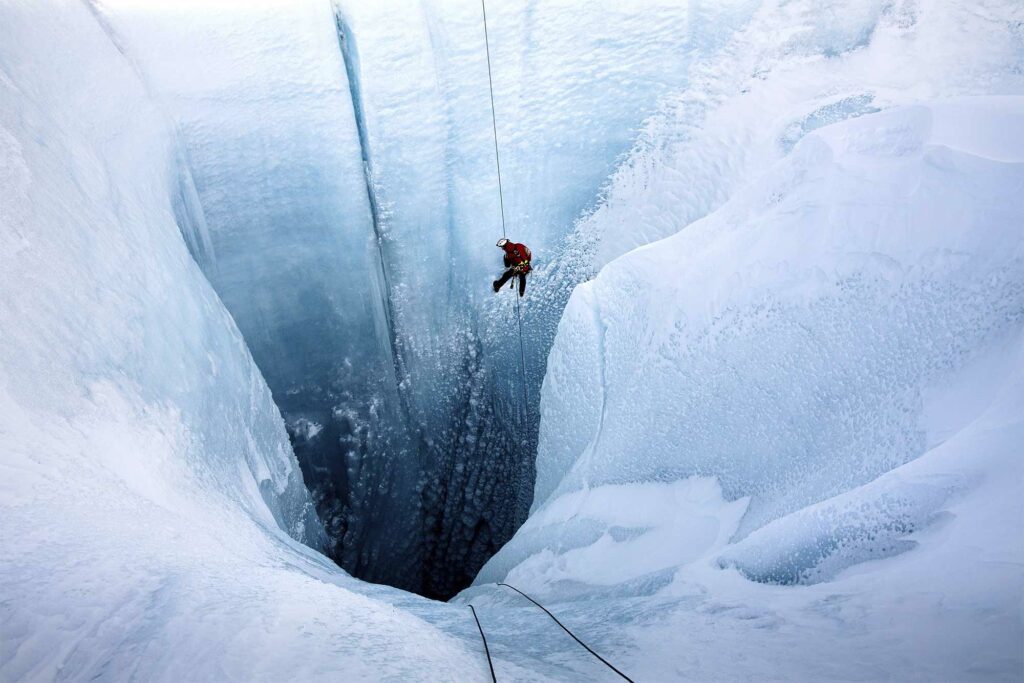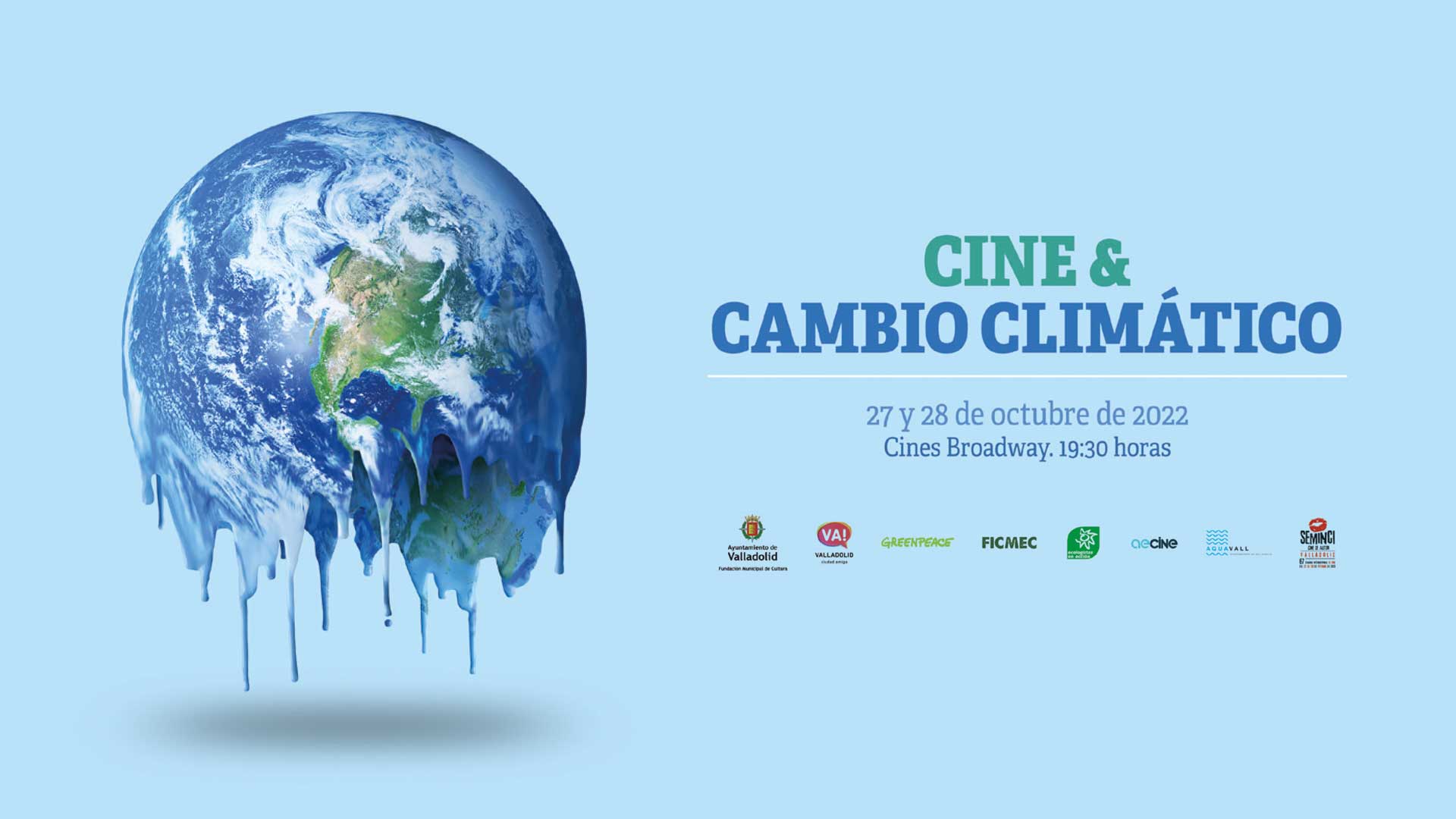Twelve titles will compete for the Green Spike, the trophy for the best environmentally-geared film, at the 67th edition of Seminci
This 67th edition of the Valladolid International Film Festival will keep its commitment to raising wareness of environmental problems among film lovers with a new edition of the Cinema & Climate Change section, whose goal is to sensitise audiences about the need protect the planet from the threat posed by climate change. This initiative, now running its eighth edition, is supported by Greenpeace, Spain’s State Cinema Association (AECine), Ecologists in Action and the Valladolid City Council through its public-run water utility Aquavall.

For the fifth consecutive year, the film with the most outstanding environmental values will have its own entry on the list of winners. In this edition, twelve films will compete for the Green Spike, four of them slated for screening in the Cinema & Climate Change section. Delikado (Australia/Hong Kong/USA/Philippines/UK, 2022), by Karl Malakunas, is a documentary that follows Bobby, Tata and Nieves, three charismatic leaders of a network of environmental activists who risk their lives in a David-versus- Goliath combat to prevent politicians and businessmen from destroying the island of Palawan, the Philippines’ ‘last ecological frontier’.
On the other hand , Becky Hurnet’s Fashion Reimagined (UK/USA, 2022), looks at fashion designer Amy Powney, who works for cult brand Mother of Pearl, a rising star on the London fashion scene. Raised in rural England by activist parents and practitioners of self-sustainability, she has always been uncomfortable with the devastating environmental impact of her industry. When she wins the coveted Vogue Young Designer of the Year award, which carries a hefty cash prize, she decides to use the money to create a sustainable collection. Over the next three years, her own personal revolution becomes a precursor to much greater social change.

In addition, Cinema & Climate Change will screen Into the Ice (Rejsen til isens indre, Denmark, 2022), by Lars Henrik Ostenfeld, a documentary that follows three pioneering glaciologists on their expeditions into the Greenland ice: the legendary Dorthe Dahl-Jensen, the sensitive, politically engaged scientist Jason Box and the daring, fearless Alun Hubbard. Alongside these three feature films, the fiction short Reckless (Sweden, 2021) by Pella Kågerman, imagines the city of Stockholm in the year 2121, sunk into the underwater bedrock and with the underground stations of the blue line metro as the oldest landmarks of the city now buried under water.
Alongside these four films, some other eight titles programmed in different sections of the festival will compete for the Green Spike: in the Official Section, the feature films Le otto montagne (The Eight Mountains, Italy/Belgium/France, 2022), by Felix van Groeningen and Charlotte Vandermeersch, and Return to Dust (Yin ru chen yan, China, 2022), by Li Ruijun, as well as the short film Lake of Fire, by Neozoon (Germany); Time of History’s entry Haulout (Evgenia Arbugaeva and Maxim Arbugaev, United Kingdom/Russia, 2022); and DOC. España’s short film El maestrat filmat (Spain, 2022), by Fermín Sales. The remaining titles competing for the Green Spike will be screened in the Miniminci section: the feature film Zutik! (Save the Tree, Spain/Brazil/Mexico, 2021), by Iker Álvarez and Haizea Pastor, and the shorts Autosaurus Rex (Switzerland, 2022), by Marcel Barelli, and Bo and Trash (Russia, 2022), by Tatiana Skorlupkina.
The jury for the Green Spike will be formed by science populariser Mónica Fernández-Aceytuno, the director for Impact and Systemic Action at Greenpeace Spain, Sagrario Monedero López, and film festival programmer Miguel Ángel Pérez Quintero.



























![Logo Foro Cultural de Austria Madrid[1]](https://www.seminci.com/wp-content/uploads/2024/09/Logo-Foro-Cultural-de-Austria-Madrid1-300x76.jpg)








